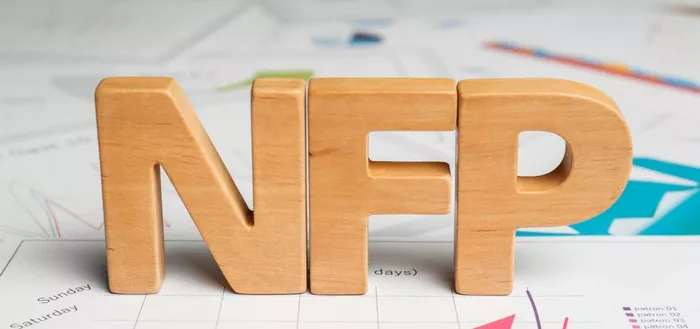The Non-Farm Payrolls (NFP) report, a key economic indicator released monthly by the U.S. Bureau of Labor Statistics, provides insights into the U.S. job market and has far-reaching effects on financial markets, including oil prices. The Organization of the Petroleum Exporting Countries (OPEC) plays a significant role in shaping global oil markets. In this article, we will explore how OPEC influences oil prices in the context of NFP-related economic events and answer frequently asked questions related to this topic.
I. Understanding OPEC’s Role
OPEC is a cartel consisting of 13 oil-producing countries that collectively control a significant portion of the world’s oil production and reserves. The member countries coordinate their oil production levels to stabilize prices and ensure a steady revenue stream from oil exports.
II. OPEC’s Response to NFP Events
OPEC closely monitors economic events like the release of the NFP report, as these events can impact global oil demand and prices. Here’s how OPEC typically responds to NFP-related economic developments:
1. Demand Projections: Positive NFP data, indicating strong job growth and economic health in the U.S., can lead to increased demand for oil, particularly if it suggests a growing economy with higher energy consumption. OPEC may adjust its demand projections upward, potentially leading to discussions about maintaining or even increasing oil production to meet expected demand.
2. Currency Exchange Rates: OPEC primarily prices its oil in U.S. dollars. A strong NFP report can lead to a stronger U.S. dollar, making oil more expensive for buyers using other currencies. This can potentially reduce global oil demand, prompting OPEC to consider production adjustments to stabilize prices.
3. Global Economic Sentiment: OPEC assesses the impact of NFP data on global economic sentiment. Positive NFP events can contribute to overall optimism in the global economy, potentially leading to increased oil demand. OPEC may factor this into its production decisions to ensure adequate supply.
4. Market Conditions: OPEC continually assesses market conditions and supply-demand dynamics. While NFP data can provide valuable insights, OPEC’s production decisions are influenced by a wide range of factors, including geopolitical events, production disruptions, and oil inventories.
III. OPEC’s Production Policies
OPEC holds regular meetings to set production targets for its member countries. These targets are designed to balance supply and demand in the global oil market and stabilize prices. OPEC can respond to NFP-related events by:
1. Adjusting Production Levels: If positive NFP data suggests increased global oil demand, OPEC may decide to maintain or increase its production levels to meet that demand and prevent a sharp price increase.
2. Maintaining Price Stability: OPEC aims to maintain price stability by ensuring that oil prices do not become overly volatile. In response to NFP-related developments, OPEC may make production adjustments to stabilize prices and prevent abrupt price spikes or crashes.
3. Considering Economic Impacts: OPEC takes into account the potential economic impacts of NFP-related events on its member countries. Positive NFP data can lead to discussions about production policies that benefit OPEC nations economically.
IV. FAQs on OPEC and NFP-Related Oil Prices
1. How does OPEC’s influence on oil prices impact consumers?
OPEC’s decisions can influence the prices consumers pay for gasoline and other petroleum-based products. Higher oil prices can lead to increased costs for consumers, affecting everything from transportation to energy bills.
2. Can OPEC’s actions offset the effects of NFP-related events on oil prices?
OPEC’s production decisions can influence oil prices, but they may not fully offset the effects of NFP-related events, especially if other factors like geopolitical tensions or production disruptions are at play.
3. How often does OPEC hold meetings to discuss production policies?
OPEC typically holds regular meetings every few months to discuss and potentially adjust production targets. Emergency meetings can also be convened if significant market disruptions occur.
4. Are OPEC’s decisions binding on its member countries?
OPEC’s decisions are not legally binding on its member countries, but member nations generally adhere to agreed-upon production targets to maintain unity and stability within the cartel.
5. What is the impact of OPEC’s decisions on non-member oil-producing countries?
OPEC’s production decisions can influence oil prices globally, affecting both member and non-member oil-producing countries. Non-member countries often adjust their production in response to OPEC’s actions to align with market dynamics.
In conclusion, OPEC plays a crucial role in shaping global oil markets and responds to NFP-related economic events by considering factors such as demand projections, currency exchange rates, and global economic sentiment. OPEC’s production policies aim to maintain price stability and balance supply and demand in the oil market, impacting consumers, producers, and economies worldwide. However, the oil market is complex, and OPEC’s influence is just one of many factors that determine oil prices.

